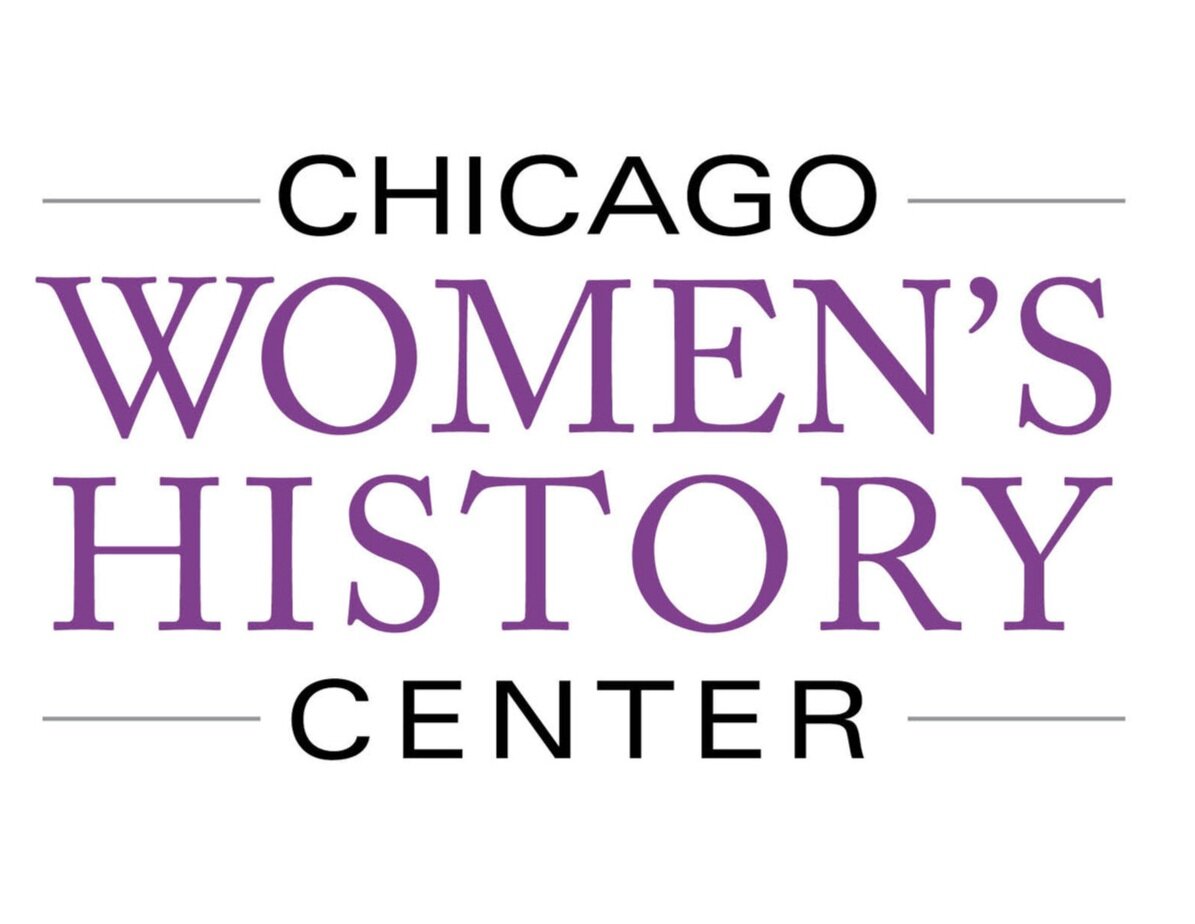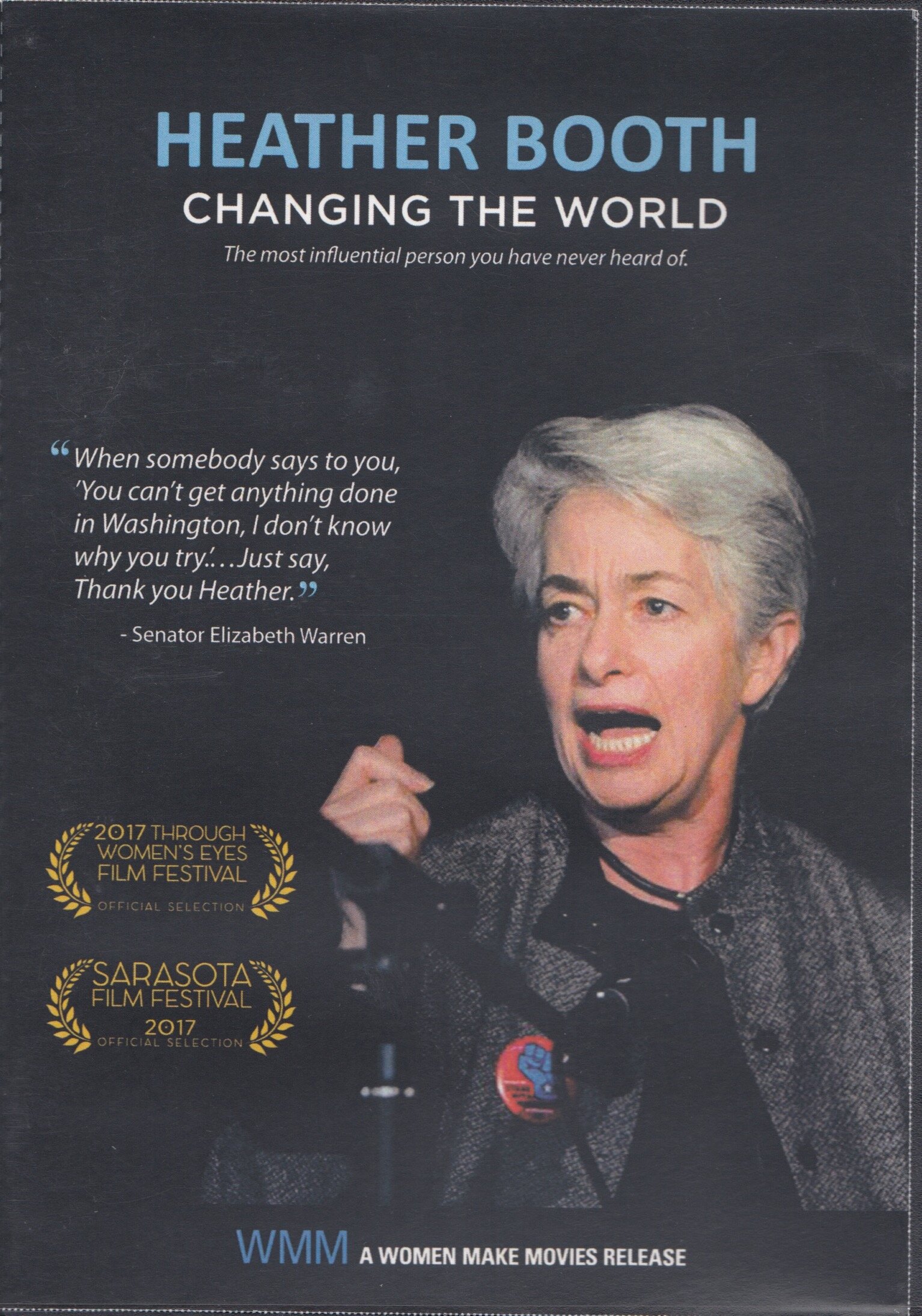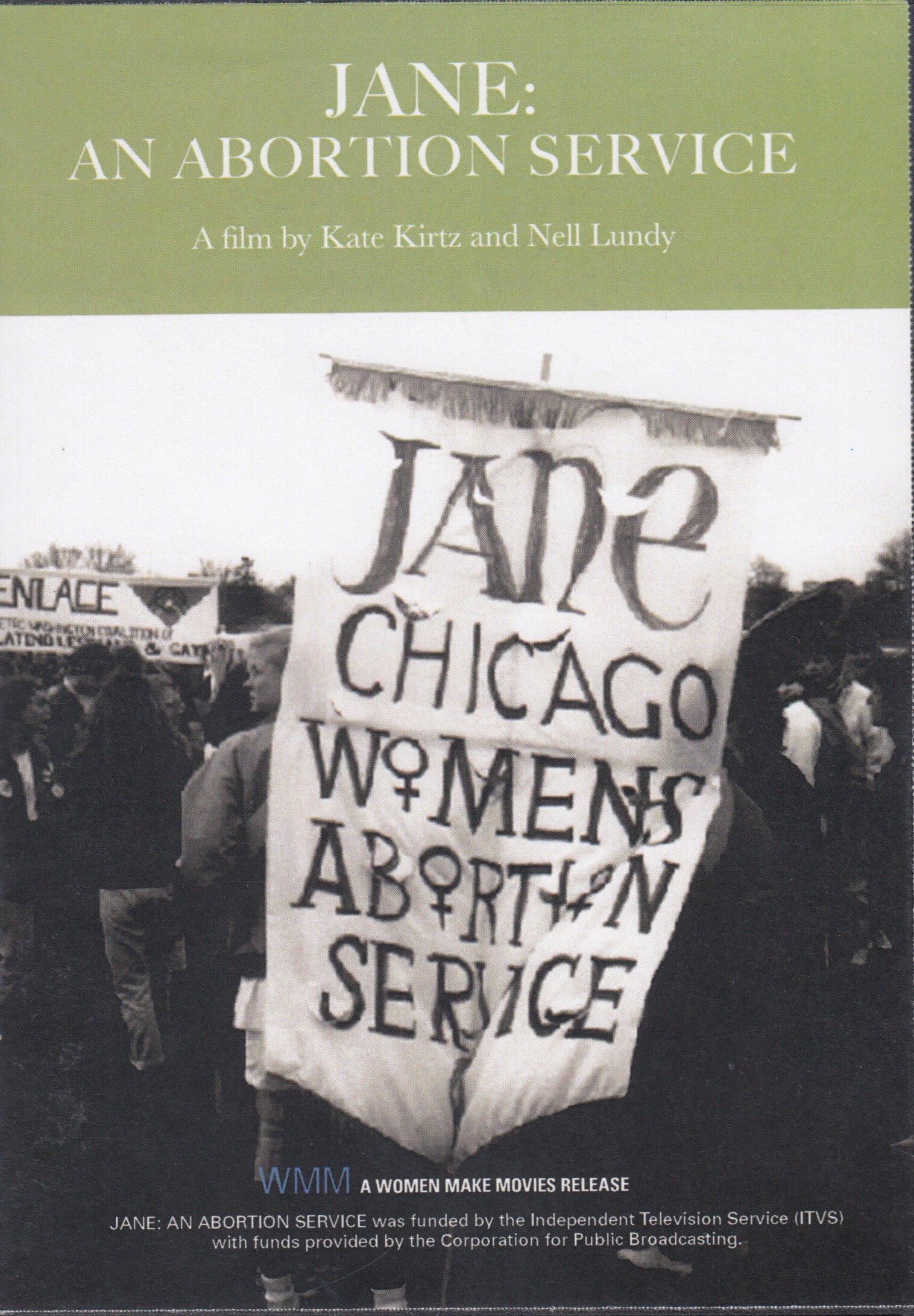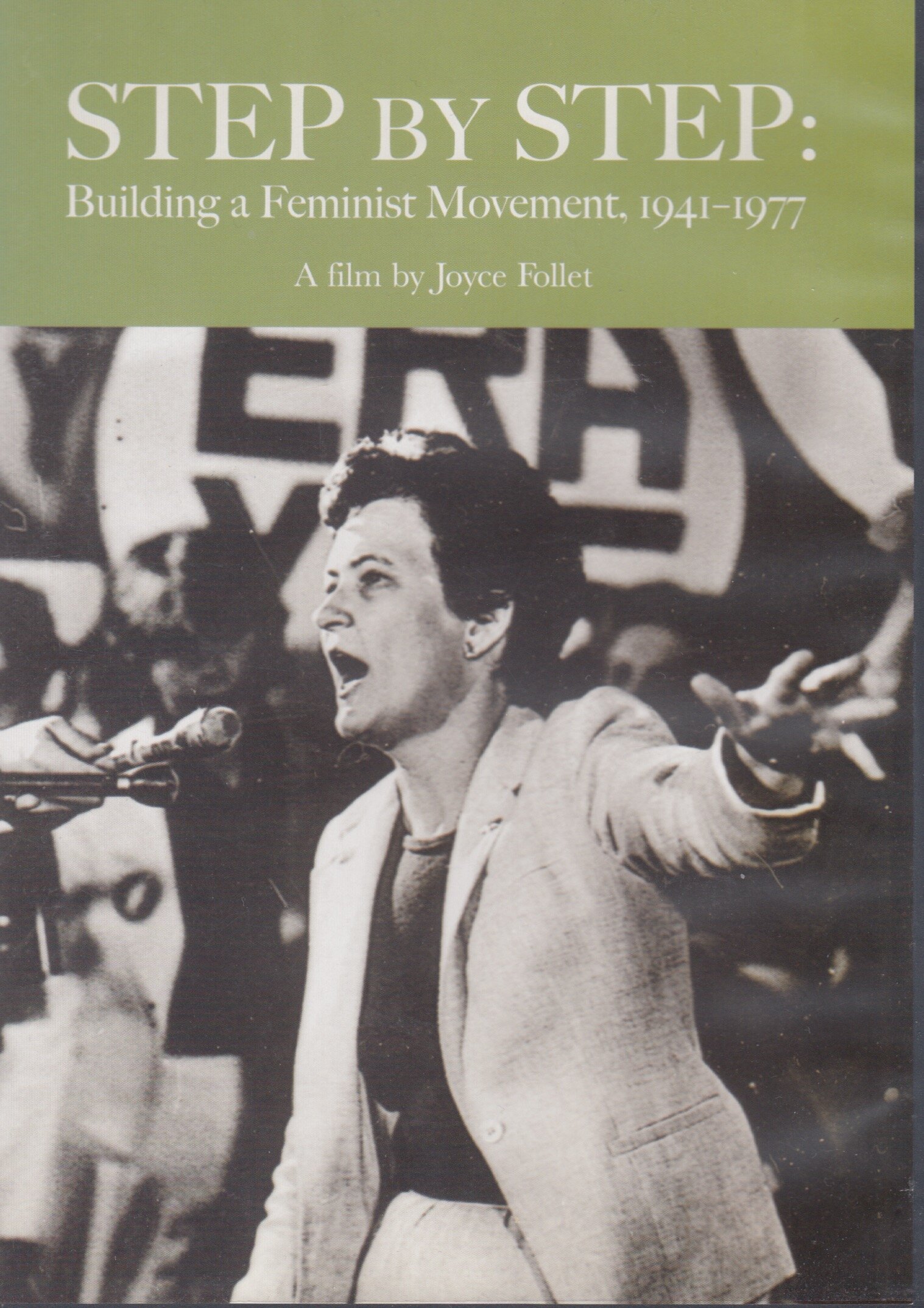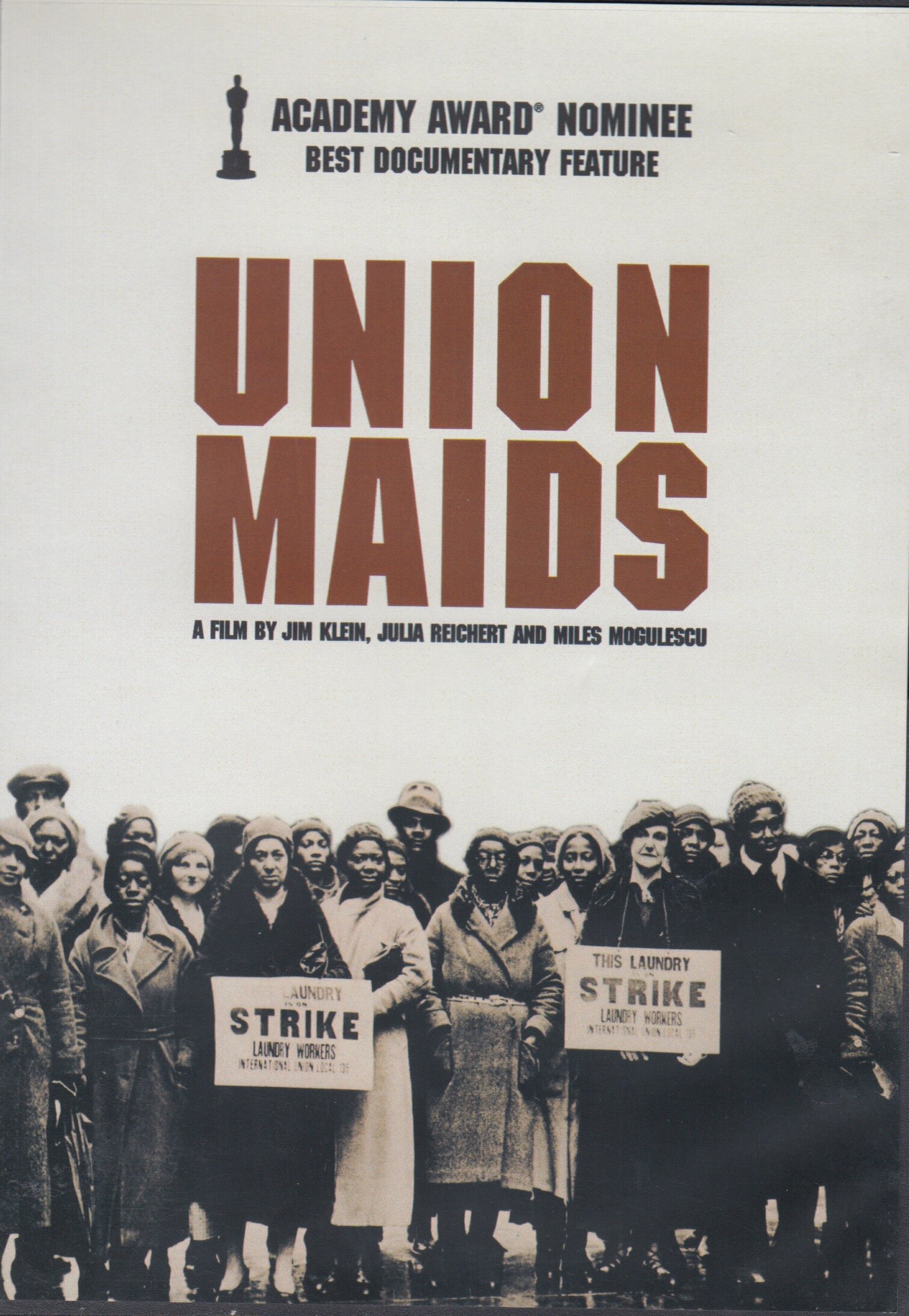Documentary Films
Related to Chicago Women’s Activism, 1945 - 2000
Jane: An Abortion Service
by Kate Kirtz and Nell Lundy, 1996
Profiles the abortion service which operated in Chicago during the late 1960s and early 1970s, when abortion was illegal; consists primarily of interviews with many of the women who worked with the service.
Heather Booth, Changing the World
The Most Influential Person You Have Never Heard Of,
by Lilly Rivlin, 2016
At a time when many are wondering how to make their voices heard, when civil and women's rights are under attack, this empowering documentary is an inspiring look at how social change happens.
She’s Beautiful When She’s Angry
by Mary Dore, 2014
A provocative, rousing and often humorous account of the birth of the modern women's liberation movement in the late 1960s through to its contemporary manifestations in the new millenium, direct from the women who lived it.
Chicago Maternity Center Story
by Jenny Rohrer, 1976
For more than 75 years, the Chicago Maternity Center provided safe home deliveries for Chicago mothers. This film interweaves the history of the center with the stories of a young woman about to have her first baby and the center's fight to stay open in the face of the corporate takeover of medicine.
Freedom is Contagious, The Movement for a Democratic Society 1965-1969
by Helen Garvey
Story of women of various nationalities who sought peace and justice during World War I and who subsequently formed the Women's International League for Peace and Freedom.
Step by Step: Building a Feminist Movement, 1941 – 1977
by Joyce Follet, 1998
Story of women of various nationalities who sought peace and justice during World War I and who subsequently formed the Women's International League for Peace and Freedom.
Union Maids
by Julia Reichert, 1977
The story of three women who were part of the Rank and File Labor Movement during the tumultuous 1930s. Their lives were like many other young working women, but unlike their fellows, these three rose to the demands of their time and became militant organizers for their class.
Las Mujeres De La Caucus Chicana (Women of the Chicana Caucus),
by Linda Garcia Merchant
"Emerging from the Feminist and Chicano movements of the 60s and 70s is the story of six Latinas who, through a series of "Aha!," moments answered the call to action. Their ideological differences, personal experiences and upbringings brought them to a monumental turning point in their lives - the National Women's Political Caucus (NWPC) and the 1977 International Women's Year, National Women's Convention. As chosen delegates from the states of Illinois, California and Texas, these women were a part of the NWPC Chicana Caucus - representing Latina sisters across the nation and working towards liberation."--Publisher's website.
Alice’s Ordinary People, Alice Tregay’s Story
by Craig Dudnick
This documentary features Alice Tregay, an ordinary Chicago woman who stood up to injustice in her community.
Women’s Voices: The Gender Gap
by Jenny Rohrer, 1984
Features interviews with fifteen women of various ages and backgrounds focusing on major gender gap issues.
’63 Boycott
by Gordon Quinn, Rachel Dickson and Tracye Matthews, 2018
The Weather Underground: A Documentary of The Explosive Story of America’s Most Notorious Revolutionaries
by Sam Green and Bill Siegel, 2002
A revealing exploration of the history of the radical group The Weathermen, who fought for their own ideals in the United States in the 1970's, with violence and illegal acts, as they evaded the FBI.
Band of Sisters: The Remarkable Journey of Catholic Nuns in the United States
by Mary Fishman
Since the second Vatican Council, nuns in the United States have gone from a life of service to God only to a life of engagement with the great social movements of our time--immigration, ecology and peace activism, to name just a few. Band of Sisters is a report on their inspiring work outside the convent.
70 Acres in Chicago: Cabrini Green
by Ronit Bezalel, 2015
Filmed over a period of 20 years, 70 ACRES IN CHICAGO chronicles the demolition of Chicago's Cabrini Green public housing development, the clearing of an African-American community, and the building of mixed-income communities on the valuable land where Cabrini once stood. More than a specific portrait of a single housing development, 70 ACRES IN CHICAGO illuminates the layers of socio-economic forces and the difficult questions behind urban redevelopment and gentrification taking place in cities throughout the United States today.
Sisters March
by Laurie Little, 2019
"Sisters March" is a reflection on the journey between Chicago and DC, connecting voices of hope, empowerment and intersectionality during The Women's March, as women and girls organize and rally after the inauguration of the 45th president.
Crossing Borders: The Story of the Women’s International League for Peace and Freedom
by Linda Balek, Barbara Laing and Jeanne Kracher, 1987
Story of women of various nationalities who sought peace and justice during World War I and who subsequently formed the Women's International League for Peace and Freedom.
Living With Pride: Ruth Ellis @100
by Yvonne Welbon, 1999
"Born July 23, 1899, in Springfield Illinois, Ruth Ellis was thought to be the oldest "out" African American lesbian known. The film offers a rare opportunity to experience a century of our American history as lived by one inspiring woman. By example, Ruth Ellis shows us what is possible and what can be realized, if one not only lives long and ages well but also lives with pride"--Container.
Out and Proud in Chicago: An Overview of the City’s Gay Community
by Tracy Baim, 2008
The history of Chicago's lesbian, gay, bisexual and transgender community from the 19th century to modern day, from a retired schoolteacher, to a successful businessman, to a community activist, to a bar owner, a lawyer and a social service worker, the history of Chicago's LGBT life.
A Day on the Force: Women’s Professional Tackle Football
by Laurie Little, Ronit Bezalel and Sree Nallamothu, 2004
Follows the progress of Chicago's first pro-tackle women's football team the Chicago Force, the newest member of the Independent Women's Football League.
Lives: Visible
by Michelle Citron, 2017
Lives: visible: "Lesbians in a box ... two thousand private snapshots hidden away for over fifty years reveal the rich history of Chicago's working class butch/fem life in the pre-Stonewall era. Spanning four decades, from the 1930s to the early 1970s, the snapshots provide a rare look at a vanished and vibrant Lesbian culture: images of lovers and friends as they played, posed, serially switched partners, worked, partied, drank, and aged. Now we all take selfies; these women used a Brownie camera to tell the story of their community. LIVES: VISIBLE explores the ephemeral nature of culture and the power of the images we make."--Container. Leftovers: "Norma and Virginia were lovers for almost fifty years. They died isolated; the vibrant pre-Stonewall lesbian community of their youth long gone. A love story about the unforeseen trajectory of lives lived outside the mainstream told through the 2000 snapshots left behind."--Container.
Leftovers
by Michelle Citron, 2014
DuSable to Obama: Chicago’s Black Metropolis, 2014
Reveals the stories of African Americans and their descendants who lived the history, the struggles, and the triumphs of everyday existence in Chicago, through historical record, personal writings and recollection.
The Women of Hull-House,
by Mary Ann Johnson,
Historical photographs are used to tell the story of Hull House, the settlement house in Chicago founded by Jane Addams and Ellen Starr. The contributions of Addams and other Hull House women in the fields of social welfare, women's rights, labor relations, education and world peace are recounted.
Queerborn and Perversion, An Early History of Lesbian and Gay Chicago
by Ron Pajak, 2008
"Filmmaker Ron Pajak, interviewing Chicago women and men, documents a rich oral history of lesbian and gay life spanning 1934 to 1974. Over four-dozen oral histories have been collected representing various demographics of the Chicago lesbian and gay landscape. Queerborn & Perversion: An Early History of Lesbian & Gay Chicago traces the public and private personas of men and women forced by society to live underground in a secret world."--Filmmaker's website.
Lipstick and Dynamite
This outlandishly entertaining film tells the incredible stories of the rough-and-tumble women who made their living on the professional wrestling circuit in the 1940s and 50s. Archival footage and contemporary interviews spotlight these superstars.
Glow
The Memorial Day Massacre of 1937,
by Michael Rabiger, 1973
The complete newsreel coverage of the May 30, 1937 incident at Republic Steel Company's South Chicago plant. The events are put into historical perspective by one of the participants in the steelworkers' strike.
Feminist Stories from Women’s Liberation,
by Jennifer Lee, 2013
Tells the story of the women's liberation movement from the years 1963-1970. It explores the details of the feminist revolution and connects the controversy around "feminism" with our incomplete memory of what really happened. Feminists interviewed include, Betty Friedan, Robin Morgan, Eleanor Smeal, Congresswoman Eleanor Holmes Norton and many others.
When Art Speaks Labor's Language: Labor Murals in Chicago,
Illinois Labor History Society, 1998
A tour, conducted by Less Orear, of labor murals on the exterior of Chicago buildings.
